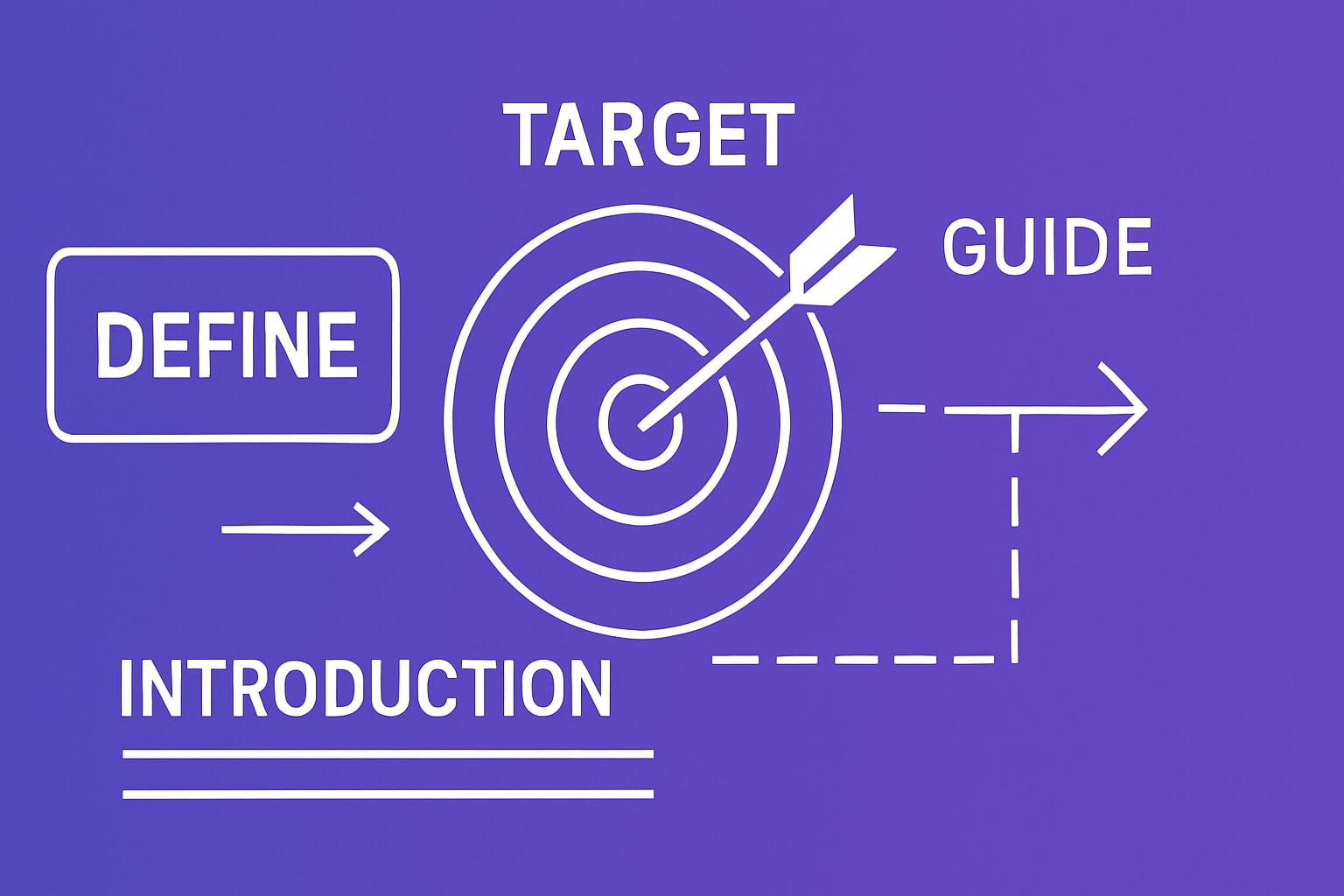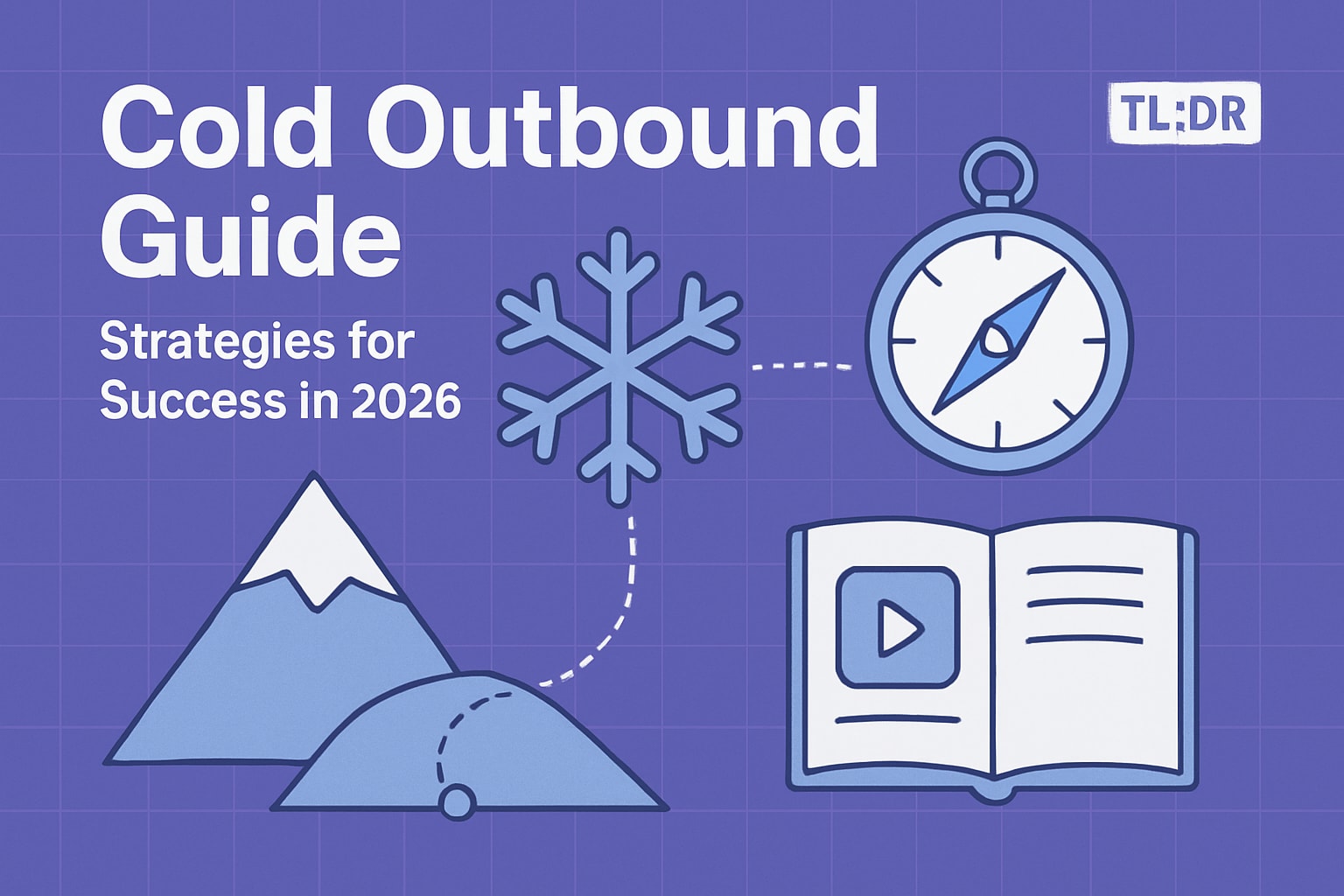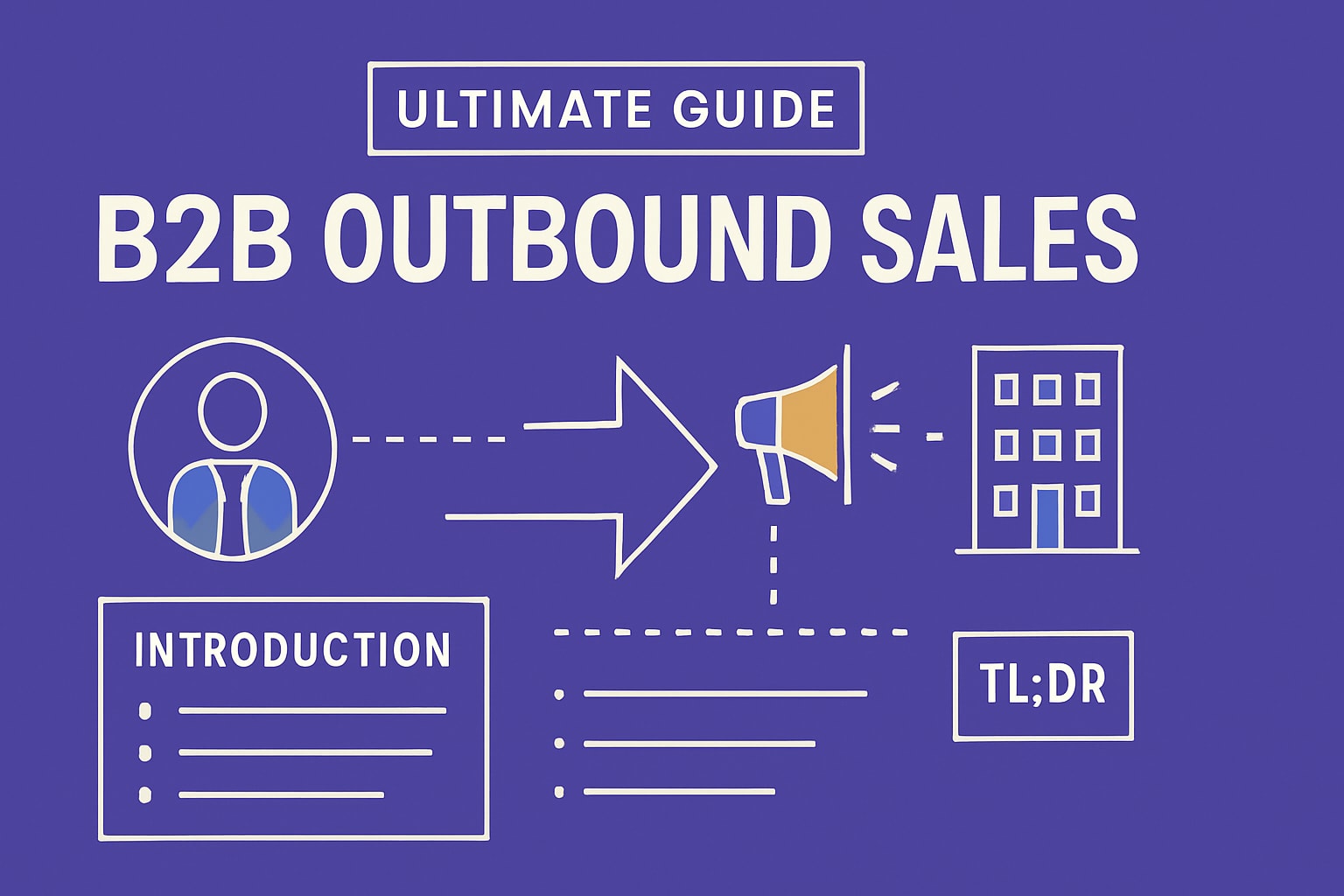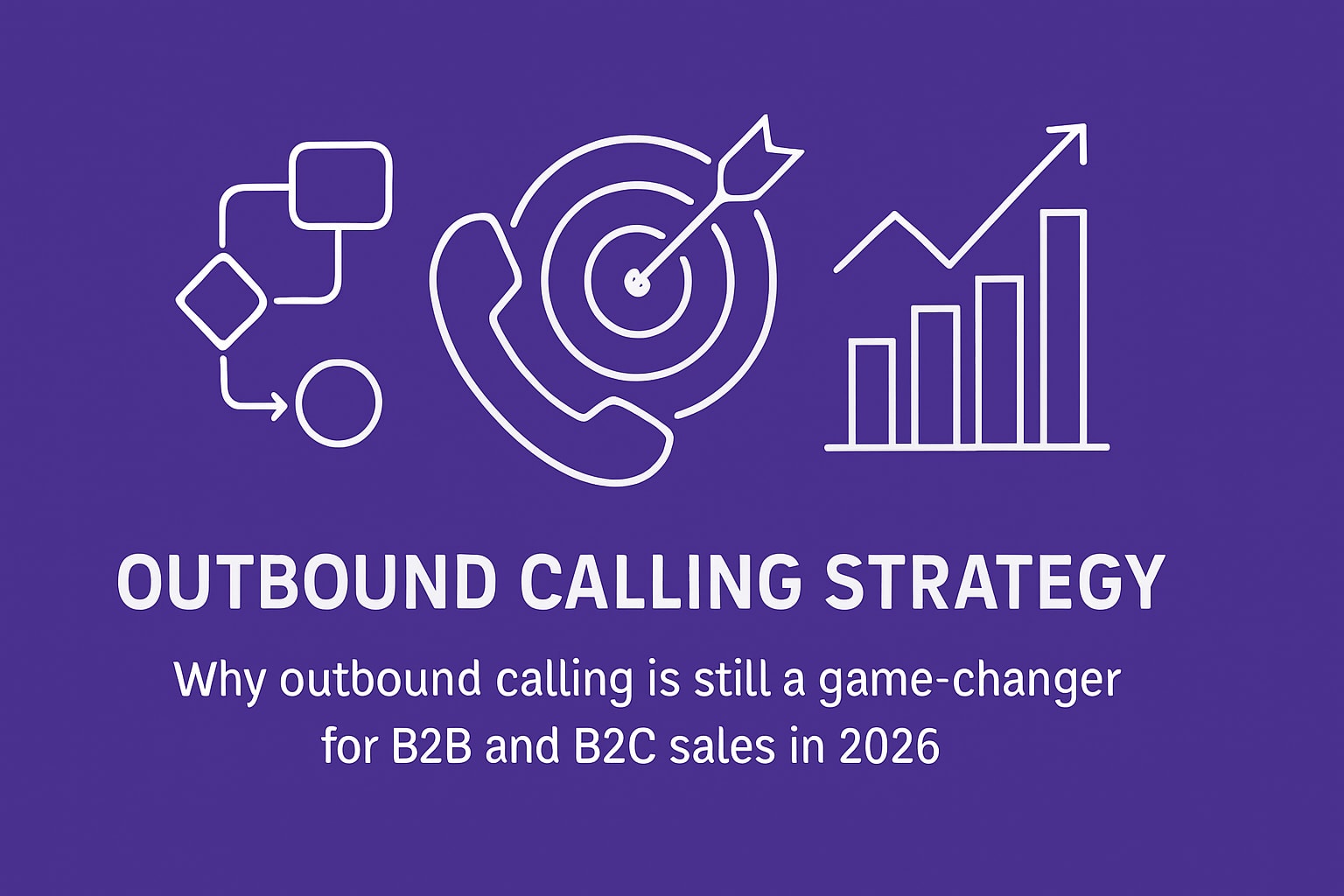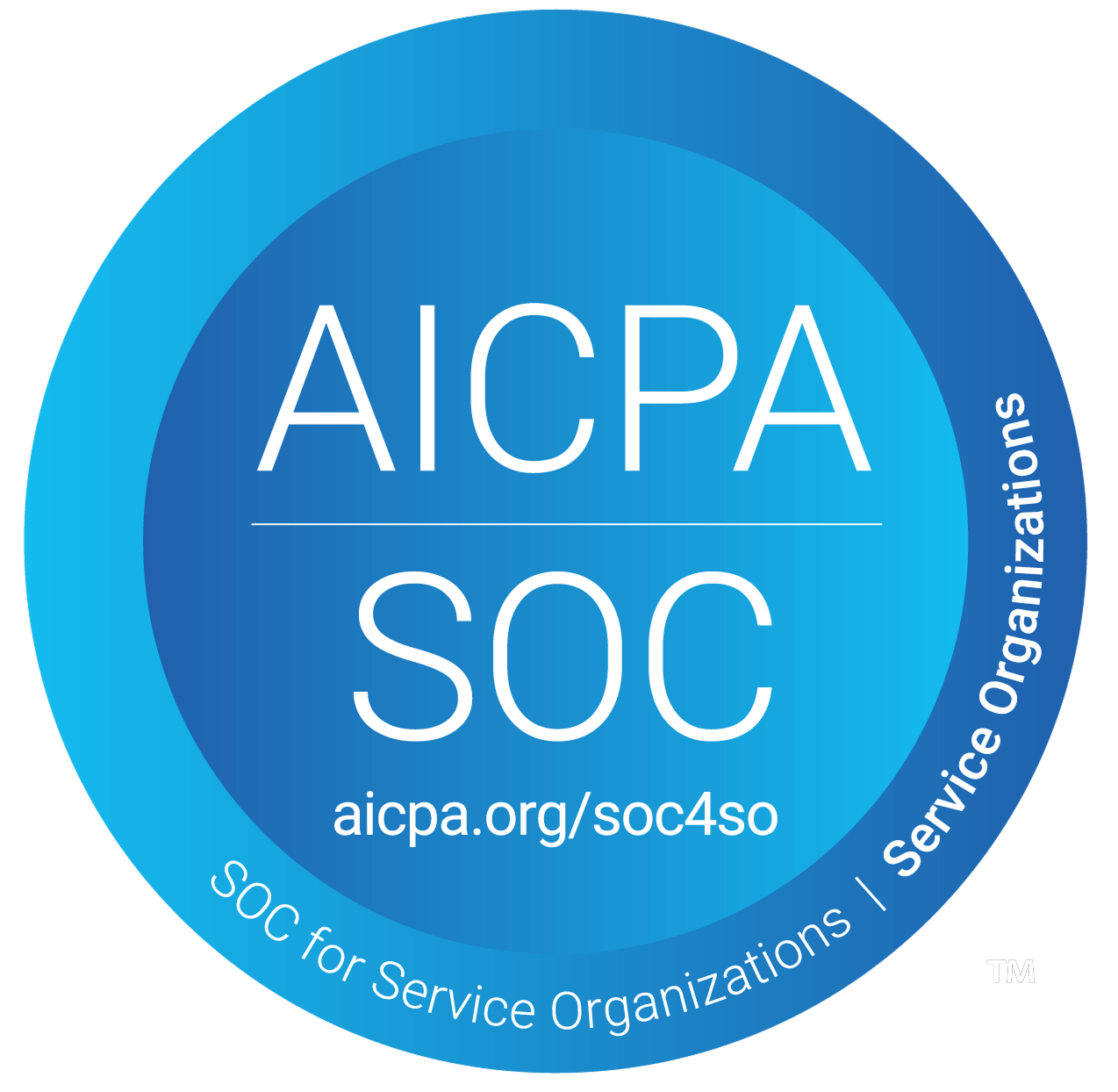High ticket sales are a powerful way to grow revenue without chasing endless low-value deals. Selling premium products or services requires a different approach than standard sales: it’s relationship-driven, highly personalized, and built on trust. In this article, we’ll break down 8 principle-based strategies to win high ticket sales. And then 10 practical steps to help you excel in high ticket sales and consistently close big deals.
What is High Ticket Sales?
What exactly are high ticket sales? It’s pretty self explanatory: high ticket sales refers to selling products or services that are expensive. Typically reaching into the thousands to tens of thousands of dollars price range. For enterprise, this means fewer transactions, but a higher ACV.
High ticket sales is distinctive across a few aspects:
Price Point:
- Usually $1,000+ per transaction, sometimes tens of thousands.
- Examples: luxury coaching programs, enterprise software, high-end electronics, real estate, premium consulting.
Sales Process:
- Often longer and more personalized than low-ticket sales.
- May involve calls, demos, presentations, or one-on-one consultations.
Customer Relationship:
- High trust is required because the purchase is a big commitment.
- Salespeople focus on building relationships and demonstrating value.
Marketing Approach:
- Often relies on targeted outreach, referrals, and high-value content rather than mass advertising.
Revenue Model:
- Because each sale is high-value, businesses can sell fewer units to hit their revenue goals.
From a psychological standpoint, high ticket sales involves a completely different decision-making process than that of a lower-end product. And so a completely different set of strategies applies. We’ll break down the principles of high ticket sales for you in this playbook.
8 Principles of High Ticket Sales:
1. Depth Over Scale
High ticket sales aren’t about reaching thousands of people. They’re about connecting deeply with the right few. The strategy is quality over quantity: fewer leads, higher intent, and more meaningful conversations. Every touchpoint matters, because each interaction has the potential to close a deal worth thousands. Instead of blasting a massive audience with generic outreach, the goal is to nurture a small number of perfect-fit prospects and guide them carefully through the journey.
2. Relationship-First Selling
Unlike impulse-driven low-ticket purchases, high ticket sales revolve around relationships. Buyers need to trust you, your offer, and the proof behind it. That’s why the process is slower and more deliberate: it usually starts with a discovery call to understand their needs, followed by a tailored demonstration or consultation. Objections aren’t pushback, they’re opportunities to clarify ROI and implementation details. The close happens naturally when both sides see alignment, often after multiple thoughtful conversations.
3. ROI and Transformation
High ticket sales buyers don’t care about features, they care about results. Low-ticket products are sold through convenience; high ticket sales products are sold through transformation. Your messaging should focus on tangible ROI and meaningful change: saving time, increasing revenue, unlocking new capabilities. Instead of saying “Our CRM helps you manage contacts,” say “Our CRM helps your sales team close 30% more deals in 90 days.” The story shifts from what the product does to what it makes possible.
4. Authority and Social Proof
In high ticket sales, authority does the heavy lifting. You’re not trying to convince, you’re showing that you’re the safest, smartest option in a crowded space. That comes from visible credibility: strong case studies, authentic testimonials, and thought leadership that proves you understand your audience’s world. High ticket sales marketing thrives on reputation and timing. Whether through referrals, intent signals, or trigger-based outbound, success comes from reaching the right person exactly when they’re ready to move.
5. The Calm, Confident Close
The close in high ticket sales isn’t about pressure; it’s about clarity. The best closers act more like consultants than salespeople: they ask questions, diagnose problems, and help the buyer see the cost of inaction. Confidence and calmness build trust far more than hype. Follow-ups are essential, too. Most deals close after five or more touchpoints. Persistence, framed as genuine care and professionalism, often makes the difference between “thinking about it” and “let’s get started.”
6. The Power of Personalization
Every high ticket sales deal is unique, and so should be your approach. The best salespeople personalize not just their outreach, but their entire buyer experience, from the first email to the final proposal. They reference specific pain points, use the prospect’s language, and tailor every touch to feel like it was made for them. Automation can support this, but never replace it. In high ticket sales, personalization isn’t a nice-to-have: it’s the difference between being seen as a partner or just another vendor.
7. Timing Is Everything
Even the perfect message won’t land if it arrives at the wrong time. The most successful high ticket sellers use triggers: hiring announcements, funding rounds, product launches, to identify when a company is ready for change. Reaching out when a prospect has an urgent need or budget opening massively increases conversion odds. That’s why trigger-based outbound and smart prospecting tools are so powerful: they turn timing into an advantage, making outreach feel relevant instead of random.
8. Mastery Through Follow-Up
Most high ticket sales are won not on the first contact, but in the follow-up. Persistence signals confidence and commitment. Great salespeople know how to follow up without being pushy, adding value each time with a new insight, a relevant case study, or a simple check-in at the right moment. It’s a long game that rewards patience. In high ticket sales, the win often goes to the one who stays top of mind the longest, and who genuinely wants the prospect to succeed, not just to close the deal.
Principles are great, and they need to be absorbed. But there is actually a science to becoming a master at high ticket sales. Next, we’ll take you through a play-by-play.
10-Step Guide to Excel at High Ticket Sales:
Step 1: Define Your Ideal High Ticket Sales Customer
High ticket sales start with clarity on who your ideal customer is. Map out company size, industry, decision-maker roles, budget, and pain points. Knowing exactly who fits your profile ensures your team focuses only on prospects most likely to convert.
Action: Create a one-page “High Ticket Sales ICP” document and share it with your marketing and sales teams. Tools like this can help.
- Identify key company characteristics
- Industry or verticals that align with your solution
- Company size (employees, revenue, or market reach)
- Geographic location or markets you want to target
- Determine the decision-makers
- Job titles or roles that influence or approve purchases
- Departments involved in the buying process
- Level of seniority (VP, C-level, etc.)
- Understand their pain points
- Business challenges your product/service solves
- Current solutions or competitors they might be using
- Urgency and impact of the problem
- Assess financial capacity
- Budget range for high ticket purchases
- Willingness to invest in premium solutions
- ROI expectations or financial KPIs they care about
- Profile company culture and buying style
- Risk tolerance and openness to change
- Speed and structure of their decision-making process
- Communication preferences (formal, consultative, fast-moving)
Step 2: Tailor Your Marketing for High Ticket Sales
Generic marketing won’t attract high ticket clients. Your messaging must speak directly to their goals, challenges, and desire for ROI. Focus on transformation and business impact rather than basic features.
Action: Audit your website, social content, and email campaigns to ensure messaging resonates with high ticket sales prospects.
Step 3: Build Authority
High ticket sales rely heavily on trust. Position your brand as an expert through thought leadership, consistent branding, and valuable content. Authority gives prospects confidence to invest in premium solutions.
Action: Develop a library of high ticket sales assets, including case studies, whitepapers, and expert blog posts.
Step 4: Showcase Social Proof in High Ticket Sales
High ticket clients want evidence of past success. Highlight major clients, measurable outcomes, and detailed case studies to increase credibility. Social proof is essential for converting high ticket sales prospects.
Action: Create 3 – 5 flagship case studies with metrics and client quotes for use in proposals and outreach.
- Identify key company characteristics
- Industry or verticals that align with your solution
- Company size (employees, revenue, or market reach)
- Geographic location or markets you want to target
- Determine the decision-makers
- Job titles or roles that influence or approve purchases
- Departments involved in the buying process
- Level of seniority (VP, C-level, etc.)
- Understand their pain points
- Business challenges your product/service solves
- Current solutions or competitors they might be using
- Urgency and impact of the problem
- Assess financial capacity
- Budget range for high-ticket purchases
- Willingness to invest in premium solutions
- ROI expectations or financial KPIs they care about
- Profile company culture and buying style
- Risk tolerance and openness to change
- Speed and structure of their decision-making process
- Communication preferences (formal, consultative, fast-moving)
- Create a one-page ICP document
- Include all of the above points in a simple, shareable format
- Give it a clear title like “High Ticket Sales Ideal Customer Profile”
- Make it accessible to both sales and marketing teams
- Validate and refine your profile
- Compare with past high-ticket wins
- Conduct interviews with existing clients
- Continuously update based on feedback and new data
Step 5: Qualify Leads Early for High Ticket Sales
Not all leads are worth pursuing. In high ticket sales, early qualification ensures your team focuses on prospects with budget, decision-making authority, and a clear need.
Action: Use forms and scripts to ask key qualifying questions like budget range and decision-making authority.
Step 6: Score and Follow Up Quickly
Speed is critical. Use lead scoring to prioritize high-value prospects and follow up quickly to increase the chances of closing high ticket sales. Quick responses signal professionalism and commitment.
Action: Implement CRM lead scoring and respond to high ticket sales leads within 30 minutes.
Step 7: Engage in Personalized Outreach for High Ticket Sales
High ticket sales require proactive and personalized outreach. Use LinkedIn, email, or calls to target decision-makers, showing that you understand their business and challenges.
Action: Build a target list of dream clients and craft a personalized outreach sequence for each.
Step 8: Design Premium Proposals for High Ticket Sales
A professional, tailored proposal is key in high ticket sales. It should highlight the client’s challenges, your solution, and the measurable outcomes they can expect.
Action: Create a modular high ticket sales proposal template including ROI projections, testimonials, and clear next steps.
Step 9: Speak Your Buyer’s Language in High Ticket Sales
Demonstrate expertise by speaking your buyer’s language. Research each prospect’s industry, challenges, and goals to tailor your pitch and build credibility.
Action: Prepare an “insight briefing” for every high ticket sales prospect to guide conversations and presentations.
Step 10: Train Your Team for Sales Success
Your sales team represents your brand. Consistent training ensures they convey your values, maintain a consultative approach, and excel at closing high ticket sales.Action: Conduct quarterly workshops covering high ticket sales techniques, objection handling, and brand alignment.
Conclusion:
High ticket sales are more than just bigger deals: they are a strategic approach that requires precision, personalization, and trust. By clearly defining your ideal customer, tailoring your marketing, building authority, and showcasing social proof, you set the stage for meaningful connections with premium clients. Following structured steps, from qualifying leads to crafting tailored proposals and training your sales team, ensures that every interaction moves you closer to closing high-value deals.
Mastering high ticket sales isn’t an overnight process, but with consistent application of these strategies, your team can attract the right prospects, demonstrate unparalleled value, and consistently close larger, more profitable deals. Implement these 10 steps, refine them over time, and you’ll build a repeatable, scalable system that transforms your high ticket sales results. Using tools can also be super helpful, like the ones listed here.
One of the best things you can do to boost your chances of securing high ticket sales is to use a prospecting tool like Samplead. This will supercharge your sales process by finding the right prospects for you and putting them in your pipeline with well-crafted messages delivered at the perfect moment.


